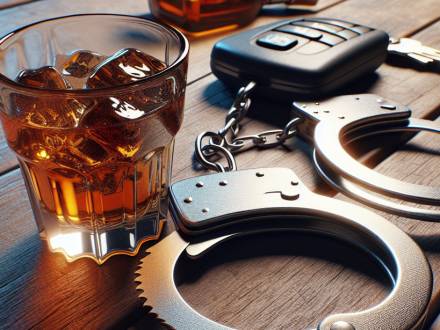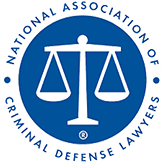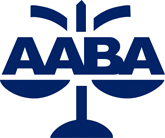1125 West Street,
Annapolis, MD 21401
5700 Coastal Hwy. #305,
Ocean City, MD 21842
DUI in Maryland: Legislature Expands Ignition Interlock Restrictions
 Drunk driving continues to be a major concern for Maryland’s police force and elected officials. The National Highway Traffic Safety Administration reports that Maryland had 177 alcohol-related traffic deaths in 2010, which was nearly 36 percent of all traffic fatalities, as well as an increase from 2009. In repose to these statistics, Maryland lawmakers passed the 2011 Drunk Driving Reduction Act, which took effect on October 1, 2011.
Drunk driving continues to be a major concern for Maryland’s police force and elected officials. The National Highway Traffic Safety Administration reports that Maryland had 177 alcohol-related traffic deaths in 2010, which was nearly 36 percent of all traffic fatalities, as well as an increase from 2009. In repose to these statistics, Maryland lawmakers passed the 2011 Drunk Driving Reduction Act, which took effect on October 1, 2011.
2011 Drunk Driving Reduction Act
One major change implemented by the DDRA is an expansion of the state’s ignition interlock program. The Baltimore Sun Reports that the interlock program has increased from 5,500 participants in 2008 and 7,900 in 2009 to nearly 9,100 estimated participants in 2011. The program is expected to continue its growth as more judges begin to trust its effectiveness and as the legislature makes the penalty available for more offenses.
The old law primarily imposed ignition interlock controls when someone convicted of a DUI submitted to a breath test and blew 0.15 or higher, refused a breath test, or was convicted on at least their second DUI charge. According to the Baltimore Sun, however, the new DDRA will require drivers to enroll in the interlock program if:
- They are under 21 years of age and violate alcohol restrictions
- They are convicted of DUI for the second time within five years
- They register a blood alcohol content of 0.15 or more or refuse a BAC test
Additionally, changes were made to how the program is monitored and how officials deal with a driver who violates it. For example, Maryland’s Motor Vehicle Administration claimed it is the first in the nation to fully automate its ignition interlock system. Every 30 days a driver must visit one of the agency’s five approved vendors so his or hers monitoring data can be downloaded, and any violation will be automatically flagged. Those found to be in violation of the program face fines and potential jail time.
I Have Been Charged With DUI: What Now?
If you have been charged with a DUI – even if your offense doesn’t require an ignition interlock – then you should speak with an experienced criminal defense attorney to discuss your potential options. It may be possible to fight any license revocation, challenge the traffic stop itself, or find errors in the way a field sobriety test was administered. Discuss your case with a qualified lawyer to find out what defenses you might have available.













